Introduction
If you're struggling with pet allergies, it can be difficult to find the right air purifier. But some models are better suited for removing pet allergens than others. And while it's possible that you'll need more than one type of filter for your home, a good starting point is an HEPA filter (which stands for High Efficiency Particulate Air). We've compiled this list of recommendations based on research conducted by our experts and customer reviews.
HEPA air purifiers are effective for pet allergens
HEPA filters work to remove allergens from the air.
Because it’s so effective, HEPA is often used for pet allergies. It can be very helpful to have an air purifier with a HEPA filter when you’re trying to help your pet feel more comfortable if they get sick or have allergies too. The best thing about using HEPA filters in homes with pets is that they don't just work on people: they also work on animals! That means you'll be able to use your new air purifier in any room where your pet spends time sleeping or living (like their bed).
The type of filter you need depends on the type of pet allergies you have.
If you’re allergic to pet dander, then a high-efficiency particulate air purifier with HEPA filter is the right choice. This kind of air purifier removes 99 percent of particles as small as 0.3 microns from the air that passes through it. It can trap allergens like dust mites, pollen and mold spores.
If you're specifically allergic to dog or cat dander, choose a HEPA filter with activated carbon pre-filters; this will help remove odors and particles that cause allergies in pets and people alike
Make sure the air purifier can handle your room size.
An air purifier can be a great way to remove pollutants from the air in your home or office, but it needs to be adjusted correctly. The CADR value (Clean Air Delivery Rate) measures the effectiveness of any purifier, and it's important to get one that fits the size of your room.
A large room will need a larger fan, filter, and air purifier than one that's smaller.
The larger the fan, filter, and air purifier are for your room size, the faster it'll be able to clean up allergens in your home.
Work on keeping your home clean
To keep your home as clean as possible, it helps to:
Clean up pet hair regularly. Vacuum carpets and furniture and wipe down floors with a damp mop.
Wash pet bedding in hot water. Hot water will kill dust mites, which are one of the most common allergens found in homes with pets.
Replace carpeting with hard flooring or use a heavy-duty vacuum cleaner on rugs and carpets that cannot be replaced. Carpets can bake allergens into their fibers while they're sitting there; replacing them will help remove these allergens from your home permanently.
Wash bedding regularly
Wash bedding regularly.
Wash sheets and pillowcases weekly, and blankets monthly. Use a pet-friendly detergent to wash them in hot water, then dry on high heat to kill any allergens that may be lingering on them.
Replace carpeting with hard flooring
If you have pets, it may be worth making the switch to hard flooring in order to cut down on allergens. Carpeting can trap dander and dust mites, which can exacerbate symptoms of allergies (especially if you’re already experiencing a reaction). Hard flooring is easier to clean, as well as more hygienic—it's easier to maintain and replace when necessary.
It's also important to note that while air purifiers can help reduce allergens in your home, they're not a panacea for allergy sufferers. If you live with someone who suffers from pet allergies or asthma and want them around for the long term, then you need an effective solution that works for both parties involved.
Wash your pet weekly - or ask someone else to do it for you!
Wash your pet weekly - or ask someone else to do it for you! You might think that washing your pet is a way to help with allergies, but really, it's just not practical. And as I mentioned above, even if you wash your dog or cat every day or two (which we don't recommend) there are still allergens left on them that can cause an allergic reaction in you.
Wash pet bedding weekly! Pet fur gets everywhere: on the floor, walls and furniture; in the carpet; even stuck on clothing and furniture items. It will be nearly impossible to remove all of the fur from these places unless you spend hours at a time vacuuming every inch of your home daily (and even then some of those pesky allergens could still remain). Washing bedding regularly will reduce the amount of fur being released into the air so that when someone walks through their room they won't get an allergic reaction when they inhale some airborne animal dander floating around there thanks to all those tiny microfibers clinging onto everything like static cling after getting out of bed early one morning during allergy season."
Air purifiers can help combat allergies from pets.
Air purifiers can help reduce pet allergens in your home.
However, you should not expect an air purifier to completely eliminate your allergies from pets. In addition to using an air purifier, you should also follow these steps:
Vacuum regularly and use a HEPA filter vacuum cleaner for best results.
Remove any pet bedding or other items that you know trigger your symptoms and wash them regularly in hot water with detergent (or dry clean). If possible, try to keep pets out of bedrooms where people sleep most often; this will help reduce exposure even more.
Choose an air purifier with a warranty for peace of mind.
When you're shopping for an air purifier, it's important to look for one that has a warranty. It shows that the manufacturer is confident in their product, and it can give you peace of mind. The length of the warranty should be longer than the expected lifespan of your air purifier (and ideally longer than two years), since it's likely that you'll use more parts than just those included with your purchase over time. A good warranty will cover replacement parts and labor as well as shipping costs if any parts need to be replaced or repaired while under warranty.
Some air filters are better at removing allergens than others.
This brings us to a critical point: not all air filters are created equal. There are different types of filters, and each has its own strengths and weaknesses when it comes to removing allergens from your home.
Conclusion
We hope that this article has helped you understand how pet allergies can affect your health and how to clean up the air around them. Air purifiers are a great way to combat these allergens, but they're not a panacea. If your allergies are bad enough that you need an air purifier or if they're just getting worse over time despite frequent cleaning and vacuuming, it's time for some serious professional help!

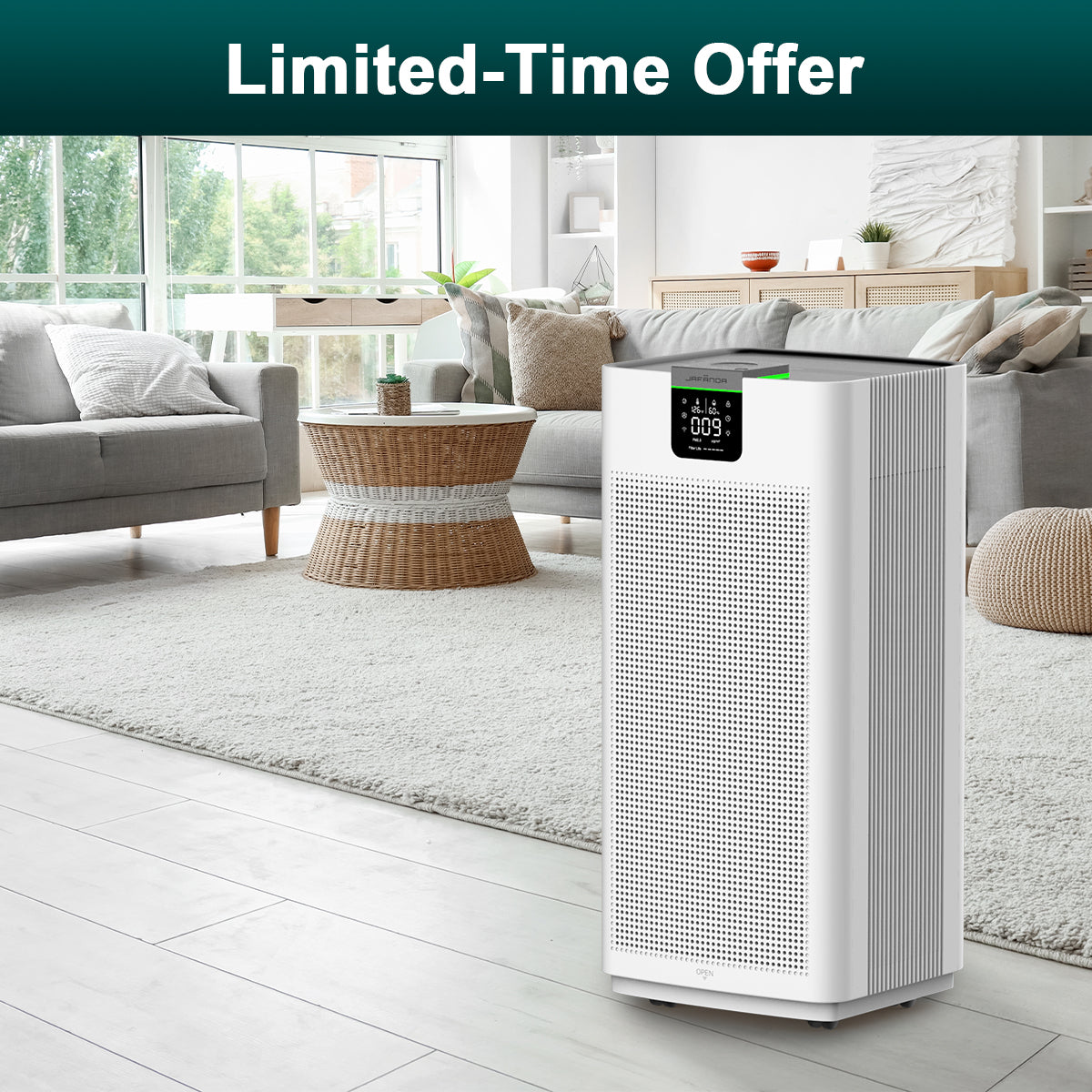
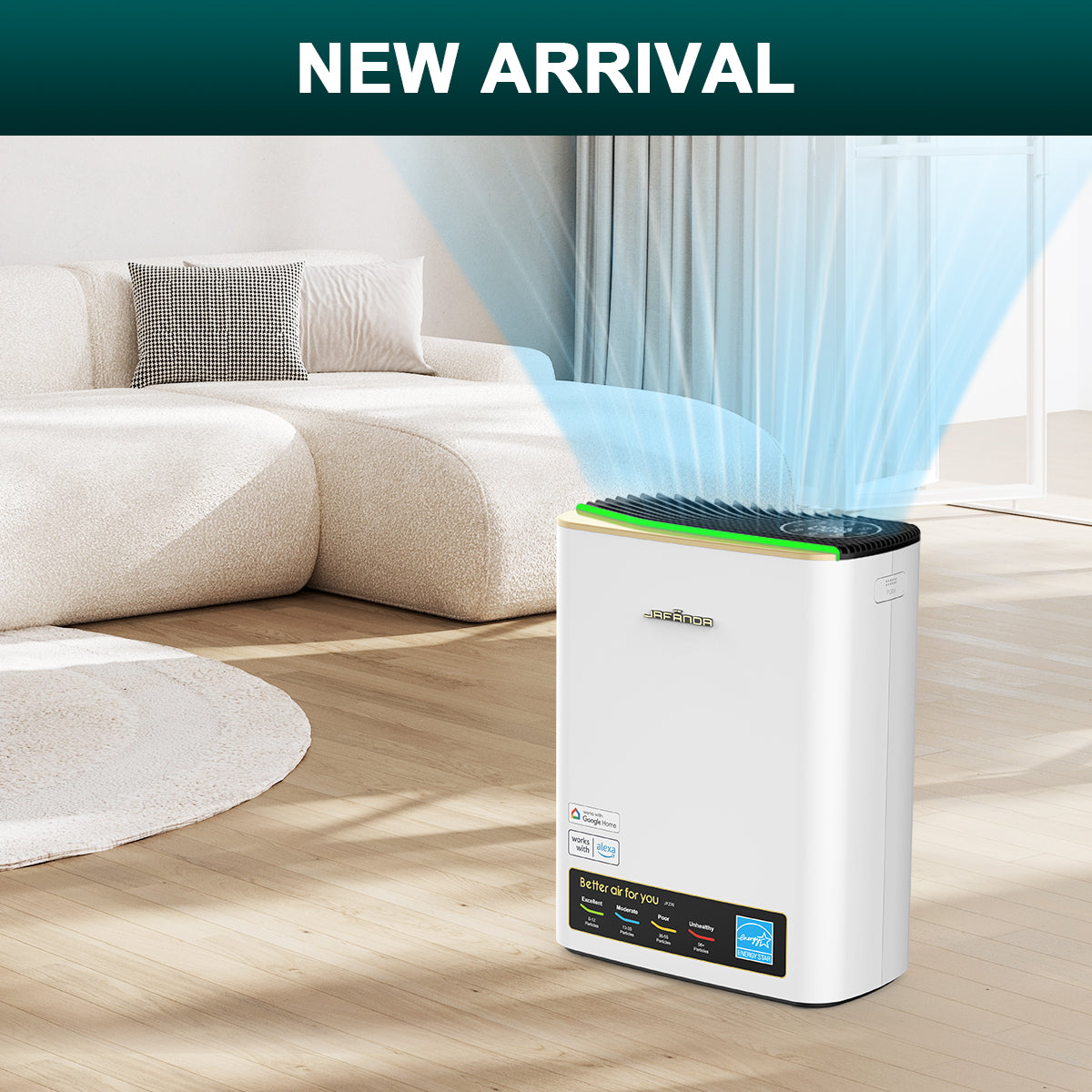

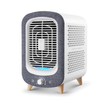
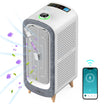
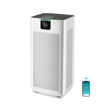
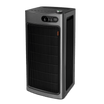
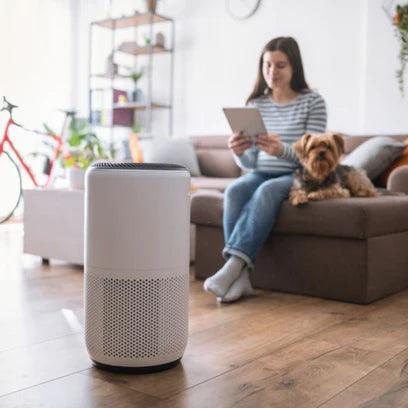
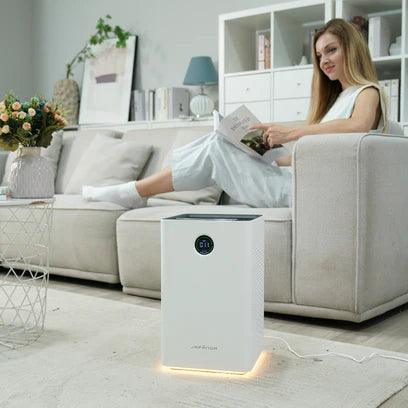
Leave a comment
This site is protected by hCaptcha and the hCaptcha Privacy Policy and Terms of Service apply.